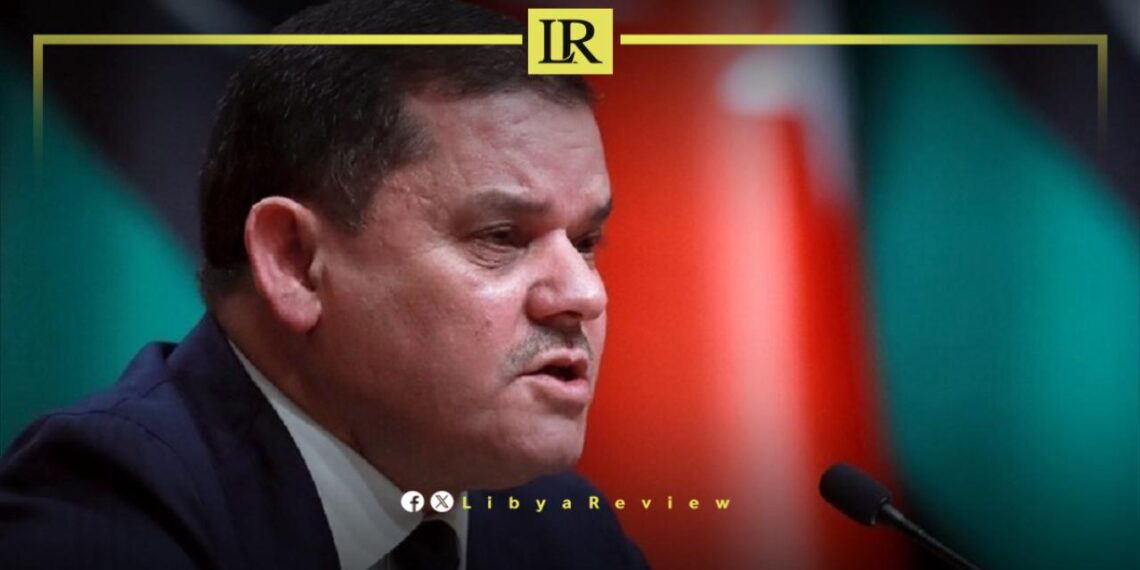Italian strategic expert Daniele Ruffinetti has stated that the potential departure of Abdul Hamid Dbaiba could offer a breakthrough in Libya’s prolonged political deadlock. However, he emphasized that any progress will depend on domestic consensus and the role of international stakeholders in shaping the next phase of Libya’s transition.
In an interview with LAM News, Ruffinetti described Libya’s political landscape as fragile and increasingly unstable, noting that Stephanie Khoury’s latest initiative aims to revive inclusive dialogue among Libya’s rival factions. However, he stressed that a resolution will require meaningful compromises and long-term stability guarantees.
Ruffinetti pointed out that Dbaiba’s government has fundamentally failed in its original mandate, which was established under the Geneva Political Dialogue to lead Libya toward elections in 2021. Instead, nearly four years of delays, political disputes, and power struggles have left the government without parliamentary recognition and struggling to maintain credibility.
As Libya enters 2025 without elections, he argued that Dbaiba’s government has lost its ability to unite the country, leaving Libya in a continued state of political paralysis. However, he acknowledged that there is still an opportunity to resolve the crisis if the current political track is reinforced with broader domestic and international consensus.
This, he explained, is why Khoury’s initiative has gained traction, attracting interest from both domestic political forces and international players engaged in the Libyan file. He suggested that Libya’s future may depend on the success of this initiative, provided it secures a unified, transparent, and widely accepted agreement.
Ruffinetti emphasized that Libya urgently needs a fully recognized executive authority, one that commands legitimacy not only in western Libya but also from key eastern factions, including Khalifa Haftar. He concluded that Dbaiba’s government lacks this recognition, further complicating efforts to stabilize the country and move toward elections.


